Over 30 years of formation and development, from the "first plastic beads", this industry not only contributes significantly to export growth but also faces a greater task: Reducing carbon emissions and implementing the country's Net Zero commitment.
From tradition to green development
Mr. Dinh Duc Thang, Chairman of the Vietnam Plastics Association (VPA), said that in the early stages of the renovation (1990), the Vietnamese plastics industry was still young, equipment was outdated, most of the raw materials were imported, the output was only about 380,000 tons/year, the average consumption was 3.8 kg/person/year. In such difficult circumstances, the Vietnam Plastics Association was established with the mission of connecting the business community, representing the voice of the industry and promoting industrialization.
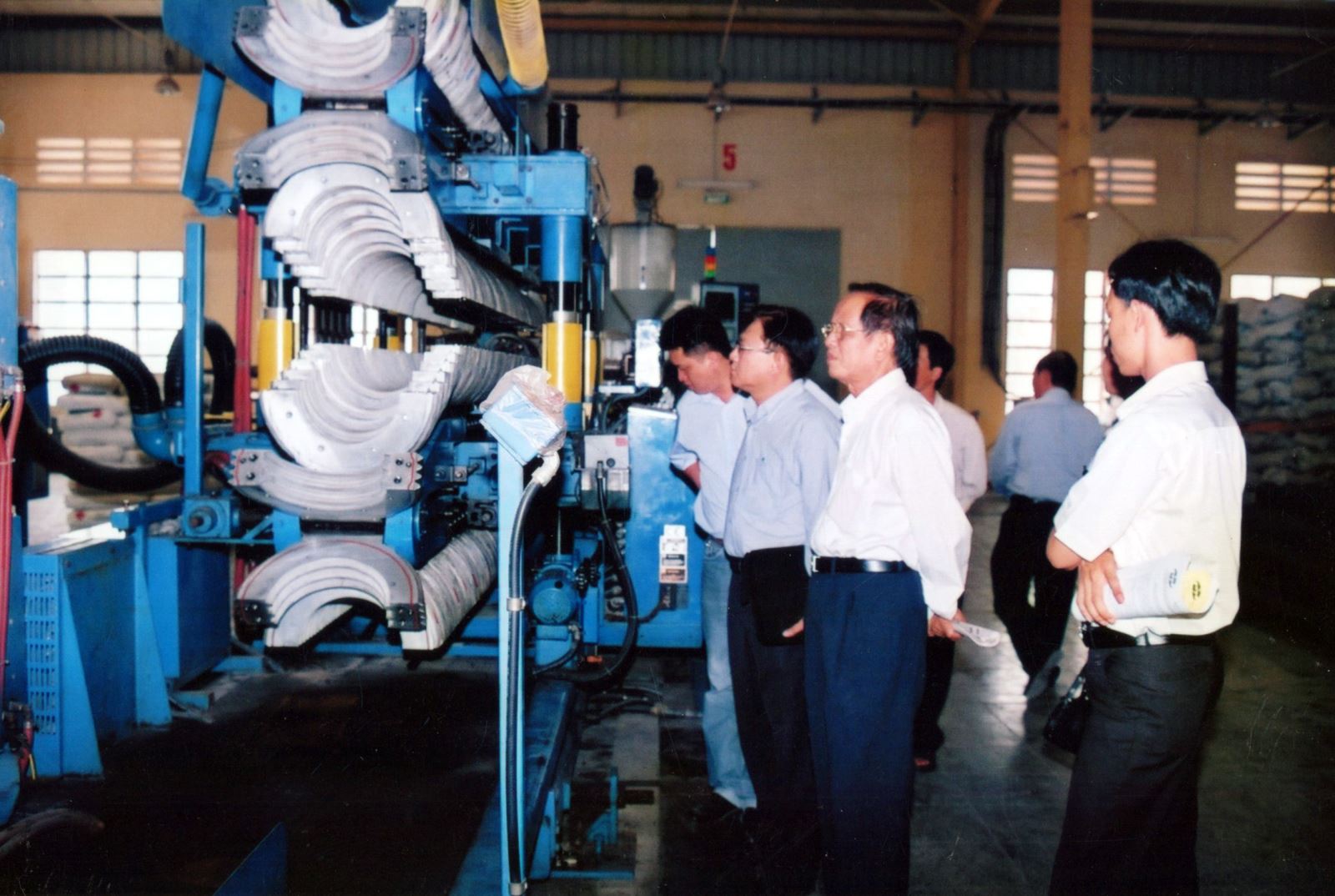
Up to now, thanks to the connection between the state - enterprises - associations, domestic production has been modernized, productivity has increased many times, exports reached nearly 10 billion USD in 2024 and is in the group of 10 largest export industries of Vietnam.
However, according to Mr. Thang, the rapid growth model also causes an increasing amount of plastic waste, creating an urgent need to shift to a green and circular development direction. Meanwhile, the world is tightening environmental standards, especially in markets such as the European Union (EU) and Japan. Therefore, Vietnamese plastic enterprises are forced to adapt if they do not want to be eliminated from the global supply chain.
In recent years, many VPA member enterprises such as Stavian, Duy Tan, An Phat Holdings… have pioneered in investing in modern recycling lines, producing recycled plastic pellets and environmentally friendly packaging. Erema, Starlinger, NGR or Polystar lines have been installed in many domestic factories, helping to improve product quality, meet international standards and significantly reduce carbon emissions.
However, in addition to achievements, the plastics industry also faces many challenges. Specifically, international pressure to reduce plastic waste, reduce carbon emissions and increase the use of recycled materials is increasing. The Extended Producer Responsibility (EPR) mechanism under the Law on Environmental Protection 2020, although a key tool to promote the circular economy, is still difficult due to the lack of synchronous sorting and recycling infrastructure. High investment costs for recycling plants, along with complicated legal procedures, are obstacles for many businesses.
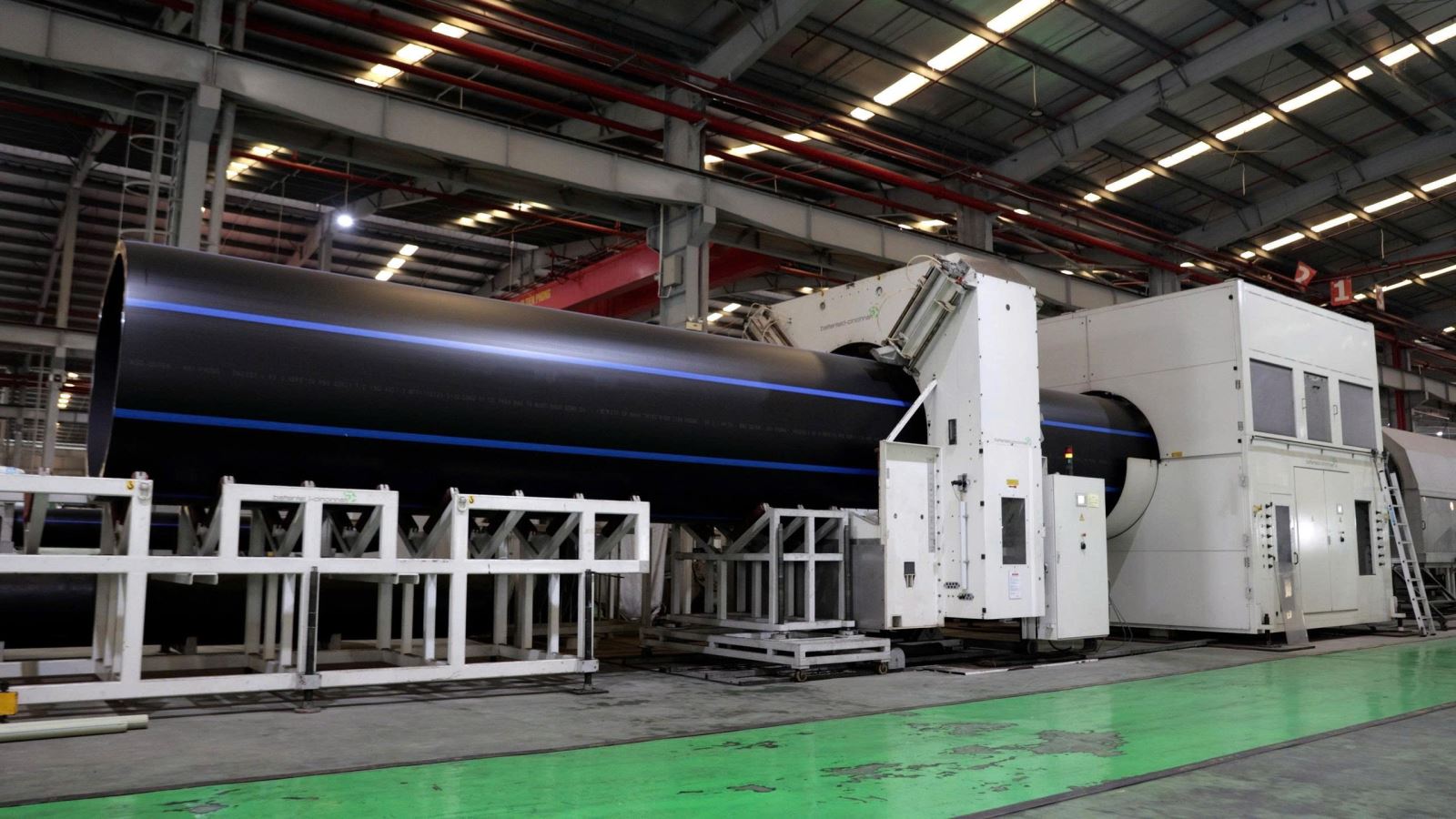
On the other hand, tariff barriers in key markets such as the United States have also significantly affected export activities, causing many businesses' revenue to decline, affecting employment and supporting industries. Mr. Thang said that some export businesses had to reduce output by 30-50%, and at the same time share the import tax burden with partners, significantly reducing profits.
Towards Net Zero
Currently, the plastics industry has been proactive in sourcing about 30% of input materials thanks to the contribution of domestic petrochemical plants such as Binh Son, Hyosung, Long Son, Nghi Son, etc. According to Mr. Thang, developing domestic raw material sources not only helps reduce imports but also creates a foundation for greener, more sustainable and self-sufficient production in the value chain.
However, Mr. Thang said that the Vietnamese plastics industry still needs to proactively source raw materials to reduce imports by over 70%, develop the domestic petrochemical industry, promote the circular economy and increase plastic waste recycling. Because green transformation is not only a market requirement but also a social responsibility of the entire industry towards the community.
“This is an inevitable direction in the trend of sustainable development. Therefore, for many years, VPA has encouraged member enterprises to invest in technological innovation, participate in building environmental policies and international cooperation in the field of recycling and plastic waste management,” said Mr. Thang.
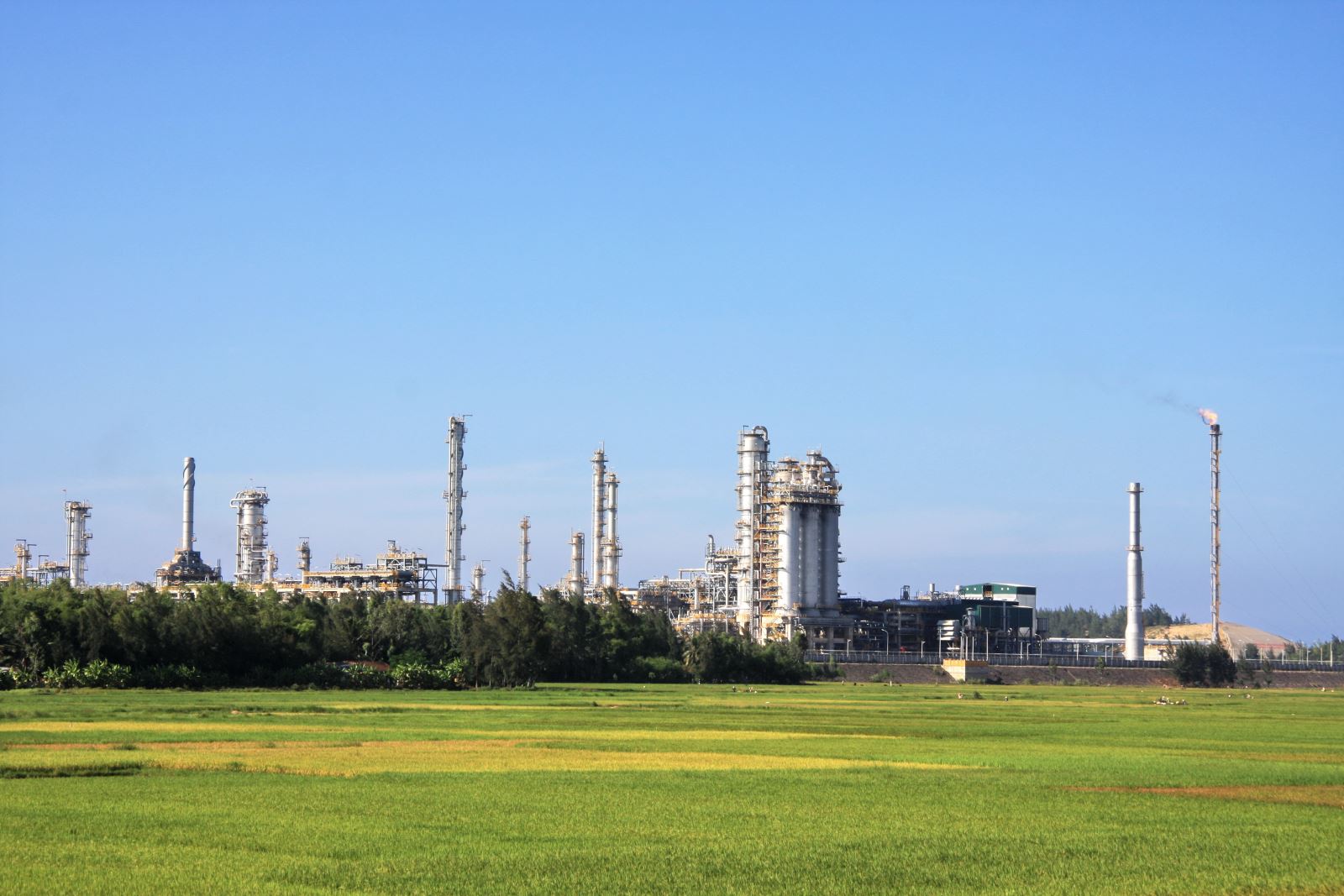
At the same time, VPA is promoting cooperation with international organizations such as UNDP, IFC, NPAP and JICA to learn about the circular economy model and update global environmental standards. The association is promoting a project to build a specialized recycling industrial park, supporting small and medium enterprises to access clean technology, thereby forming a closed production and recycling ecosystem.
Vietnam has committed to achieving net zero emissions by 2050. To achieve that goal, the plastics industry - one of the industries with the largest amount of emissions - must take the lead in technological innovation, waste management and production model changes. According to experts, if the circular economy is effectively applied, the industry can reduce emissions by 15 - 20% each year, while creating more job opportunities in the recycling sector.
Along with the green transformation, the problem is the adaptability of small and medium-sized enterprises, which account for 90% of the total of more than 4,000 enterprises in the plastic industry. The cost of investing in equipment, training human resources and environmentally friendly production processes is still a big barrier. Therefore, the State and the Association issuing support policies, from tax incentives, green credits to encouraging the use of recycled materials, will be the key factor to help businesses transform.
Not only stopping at technology, green transformation in the plastic industry is also associated with social responsibility. Many programs of tree planting, plastic waste collection, blood donation or support for disadvantaged areas have been organized by member businesses, contributing to spreading awareness of sustainable development.
After 35 years of formation and development, the Vietnamese plastic industry has proven its ability to overcome difficulties and integrate. Now, the biggest challenge is no longer output or export, but how to develop without trading off the environment. Mr. Thang believes that moving towards Net Zero is not only a long-term goal but also a mandatory path if the Vietnamese plastic industry wants to affirm its position in the national industry and on the green map of the world.
Source: https://baotintuc.vn/kinh-te/nganh-nhua-viet-nam-chuyen-minh-huong-toi-muc-tieu-net-zero-20251016170257776.htm






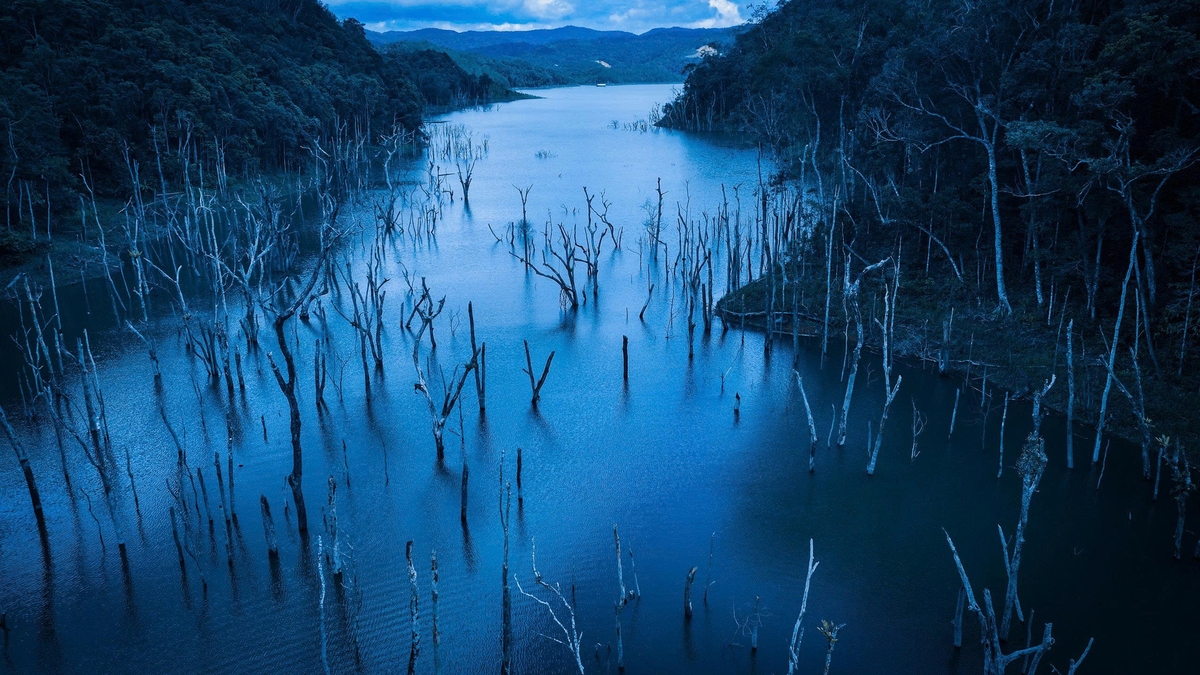

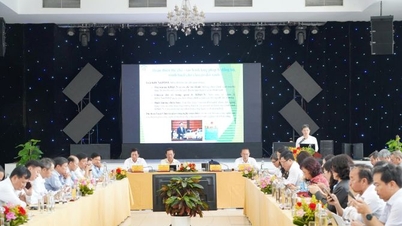

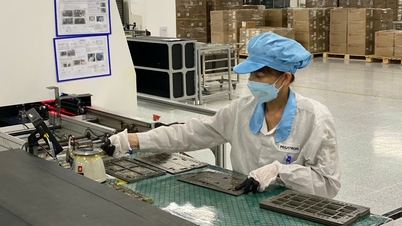

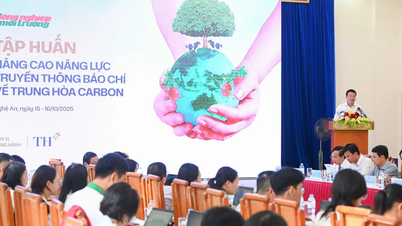

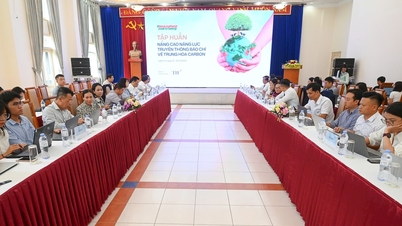

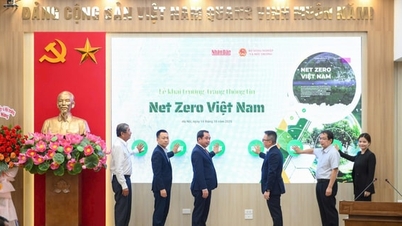





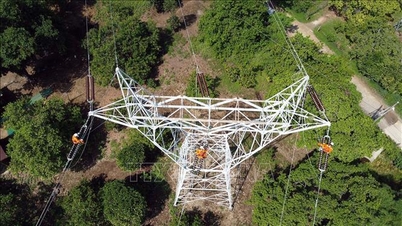
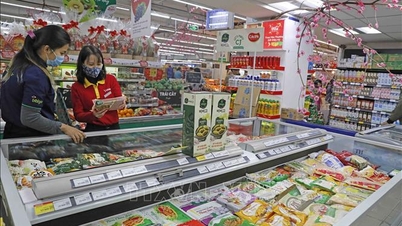
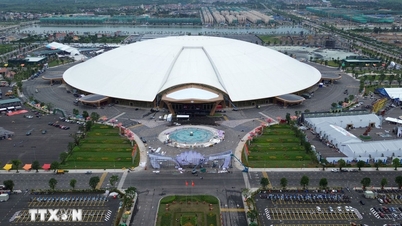





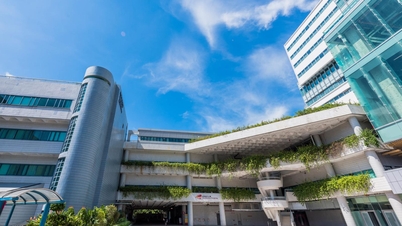


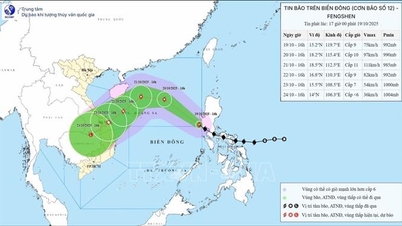

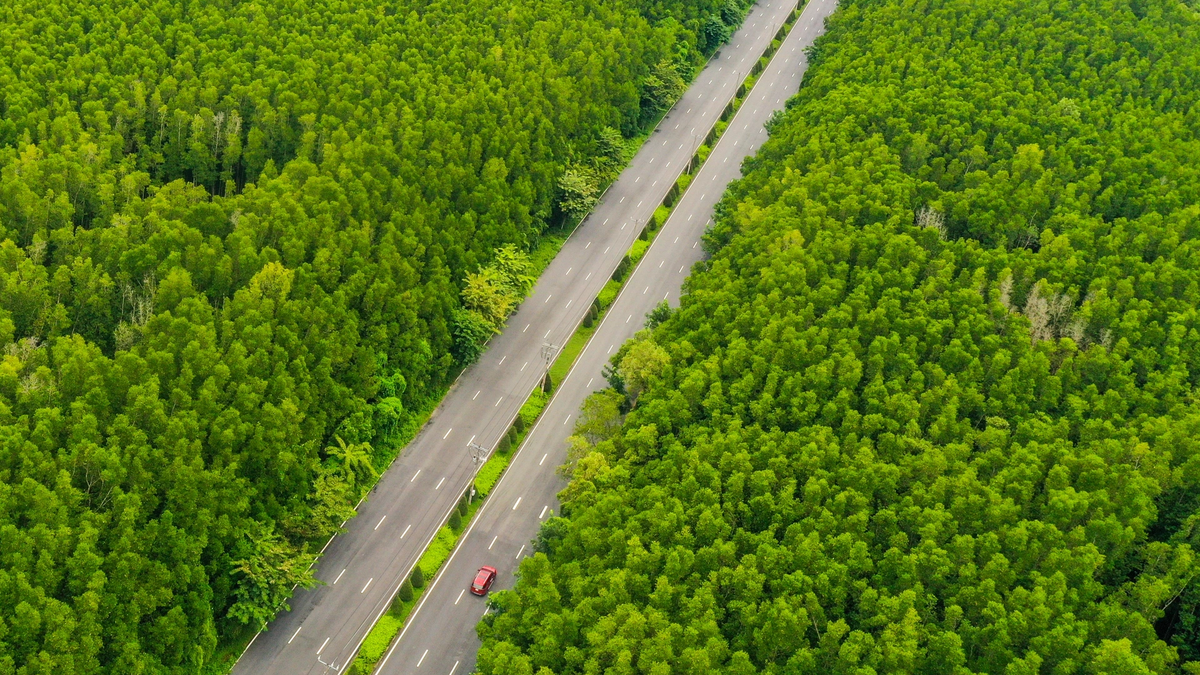
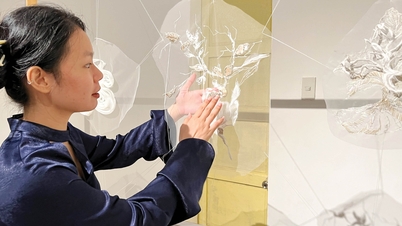




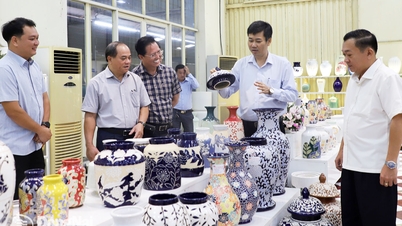











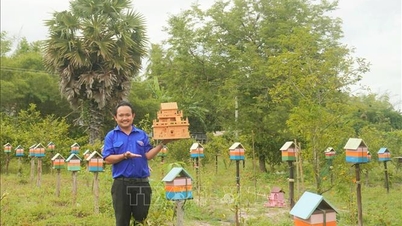



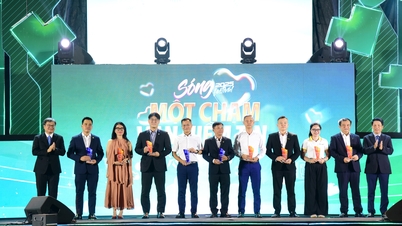















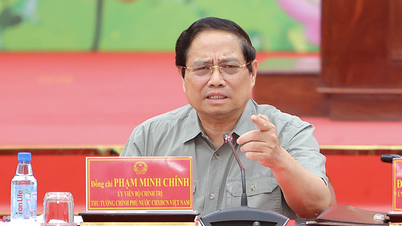
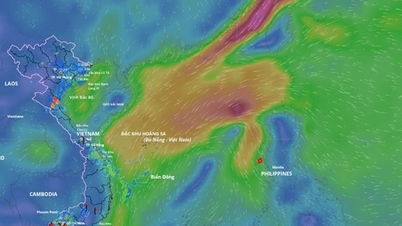



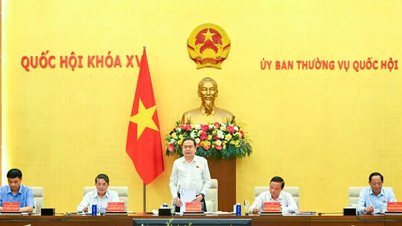



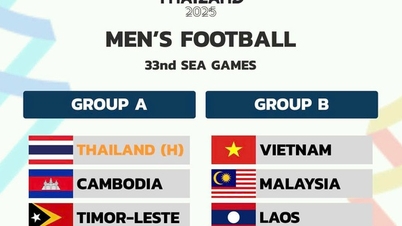







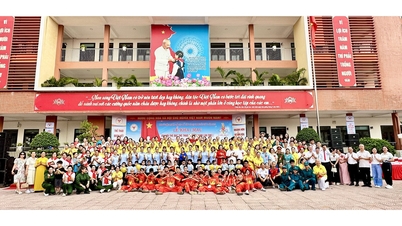















Comment (0)